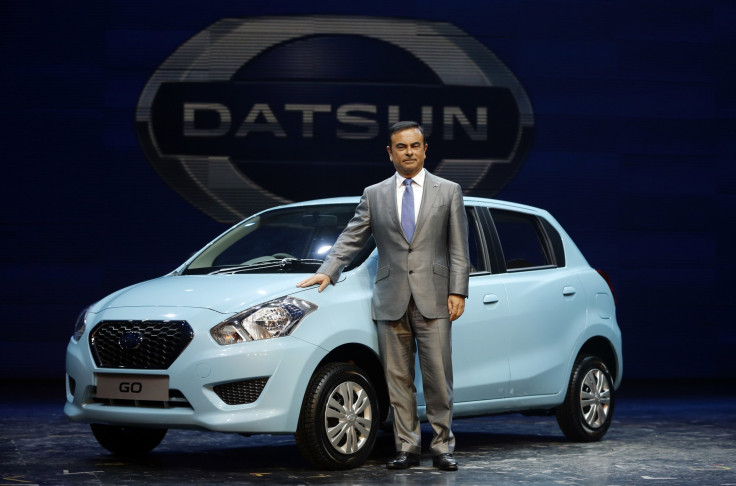A Car For Under $5,000? Renault Reportedly Has Four In The Works For India

Renault is planning to roll out a slate of sub-$5,000 cars to be sold in India. As part of its partnership with Nissan, the Boulogne, France-based automaker could have the first of four proposed models launched by next summer. The cars would cost about 250,000 rupees (about $4,000) and would be small to avoid a 30 percent Indian tax on cars over four meters (13 feet) in length.
As Europe’s auto market slumps, its third-largest car company is focusing on India, one of the world’s fastest-growing economies. According to market analytics firm IHS Automotive, India will replace Europe as the world’s third-largest car market by 2018.
“Renault’s next four projects, according to our information: a sedan, a hatchback, an SUV and a seven-seat vehicle (five seats with two cramped seats in the rear),” French online news site Les Echoes reported. The site also noted that some of the vehicles still need to be approved by Renault-Nissan Chairman and CEO Carlos Ghosn.
Renault will join a host of foreign competitors in India. General Motors Company said in September that it’s planning to unveil several new vehicles for India in the coming years. Ford Motor Company announced last year that it will introduce eight new models in India by the end of 2015. Hyundai, Honda and Suzuki are the main foreign players. India’s Tata Motors and Mahindra & Mahindra are the two dominant domestic producers.
Renault already sells the Duster in India, a car it bills as an entry-level SUV, priced from 786,000 rupees ($12,700). Renault-Nissan last year launched the Datsun Go hatchback, the first car in the revival of the brand, priced at around 400,000 rupees ($6,700).
The proposed vehicles are based on Renault-Nissan’s so-called Common Module Family platforms designed specifically to allow local manufacturing. If Renault moves ahead, the first of the ultra-low-cost cars would be made in the southern Indian city of Chennai, known as the “Detroit of India.”
Renault is also considering other markets for the budget vehicles: Argentina and Brazil have potential, due to lingering economic problems in two of South America’s largest economies. Argentina is facing one of its worst economic downturns in memory. Last summer, the country defaulted on its debt payments for an eighth time.
Brazil is mired in its own economic malaise, which is hampering automotive sales and production. Renault’s inexpensive cars could face steep competition for cash-strapped Brazilian car buyers. Chinese automaker Chery Automobile opened its first factory there in August to produce low-cost vehicles. The entire South American market makes up almost a third of the Chery’s sales outside of China.
© Copyright IBTimes 2024. All rights reserved.





















